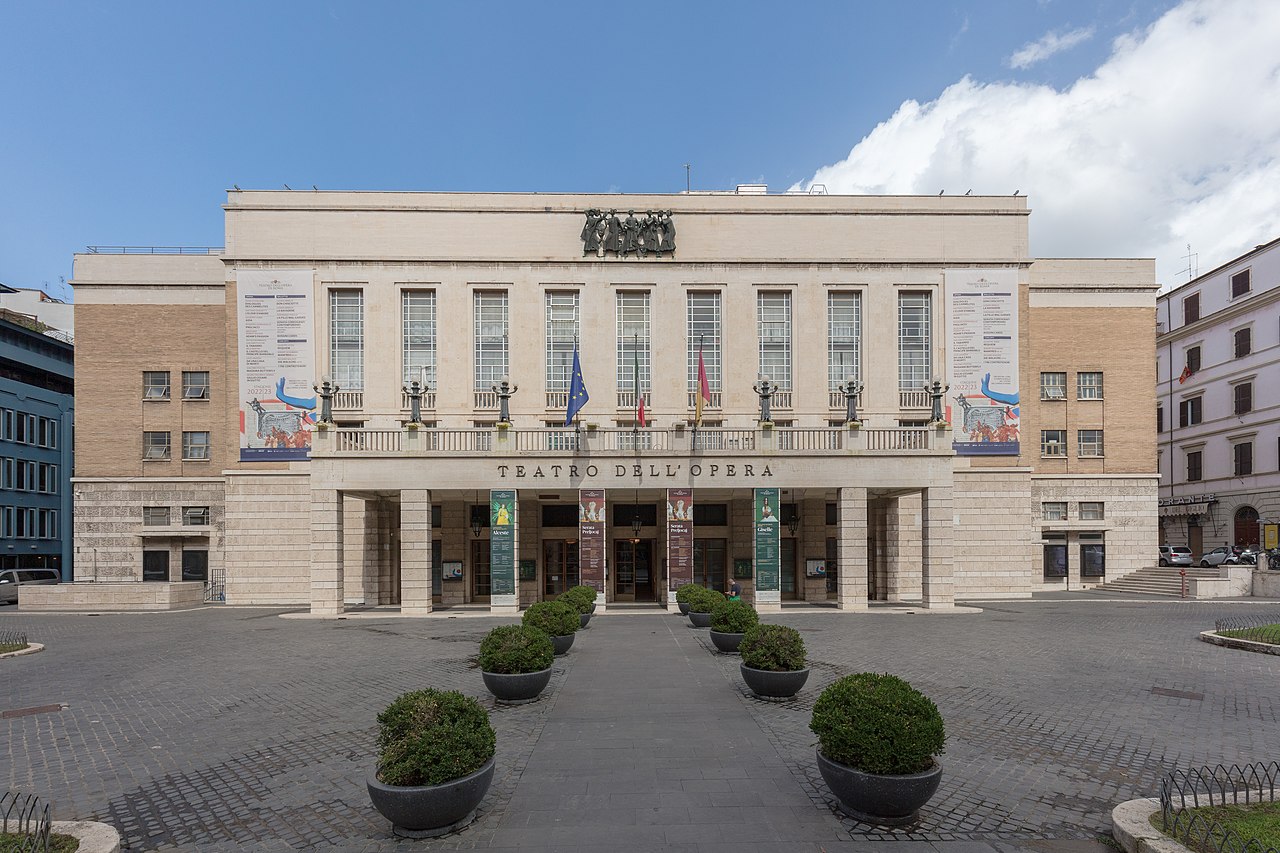Travel provides the opportunity to explore new places, learn about unique cultures, and experience disparate ways of life. As such, every student planning a trip to Italy, or more specifically to its capital, Rome, should definitely consider including a visit to the opera on their itinerary. Not only will it offer an enriching glimpse into the city’s cultural heritage, but also foster a greater appreciation for music and theater. With its beautiful architecture, impressive performances, and the rich history woven into its very fabric, the opera in Rome is a must-see tourist attraction for all, especially students in search of enriching experiences.
The Cultural Experience:
In Rome, the opera offers a vivid representation of Italy’s famed musical traditions and cultural fabric. By attending an opera in Rome, students will come face-to-face with the city’s deep historical roots and its persistent influence in the realm of performing arts. It brings alive centuries-old stories with all the dramatic emotions, intense passion, and impressive vocal abilities that echo throughout the performance hall. The interaction between actors, musicians, and audience creates an electric setting that is both exhilarating and profoundly moving. It’s an experience that embraces all art forms – music, theater, dance, and visual arts.
Inspiration for Students:
There’s no better way to enrich students’ horizons than exposure to unique cultural experiences. The opera offers a vast array of inspirational stimuli. From stirring performances to awe-inspiring stage designs, the opera can ignite students’ imaginations in countless ways. Students pursuing arts, language, history, or even social sciences can derive invaluable insights from the narratives presented on stage. The nuanced understanding of human emotions, historical context, and the embodiment of cultural ethos in such performances can stimulate thoughtful reflections and can potentially guide their academic studies and career paths.
Architecture and History:
A visit to the opera in Rome is more than just watching a performance—it’s a journey through time. Opera houses in Rome are masterpieces of architecture themselves, exemplifying historical periods through their design. For instance, Teatro dell’Opera di Roma, one of the city’s top opera venues, harks back to a bygone era with its grand red and gold interiors, ornate balconies, and resplendent chandeliers. Unlike reading about architectural styles in books, seeing them firsthand can give students an unparalleled understanding of architectural evolution, visual aesthetics, and historical contexts.
Language Learning Opportunity:
Opera is a powerful experiential tool for those learning the Italian language. It provides students with a unique platform to absorb the language in its most poetic and powerful form, through music. The rhythm, melody, and the expressive nature of songs can make the process of language acquisition enjoyable and effective. Plus, there’s an added excitement of deciphering the storyline through song lyrics. It’s an immersive method that has the potential to enhance language skills exponentially.
Conclusion:
The Roman Opera’s allure is beyond just its melodramatic performances or the grandiosity of the venues. It’s about immersing oneself in a cultural spectacle that harmoniously binds music, drama, history, and architecture into a single captivating experience. In the pursuit of global awareness and personal growth, students could benefit immensely from an Italian opera experience. A visit to the opera is not merely an outing; it is an education in its own right. It offers panorama of opportunities for students to enrich their knowledge, ignite their passions, and seeks inspiration for their future. For these reasons, every student planning a trip to Rome should consider incorporating a night at the opera into their itinerary.


